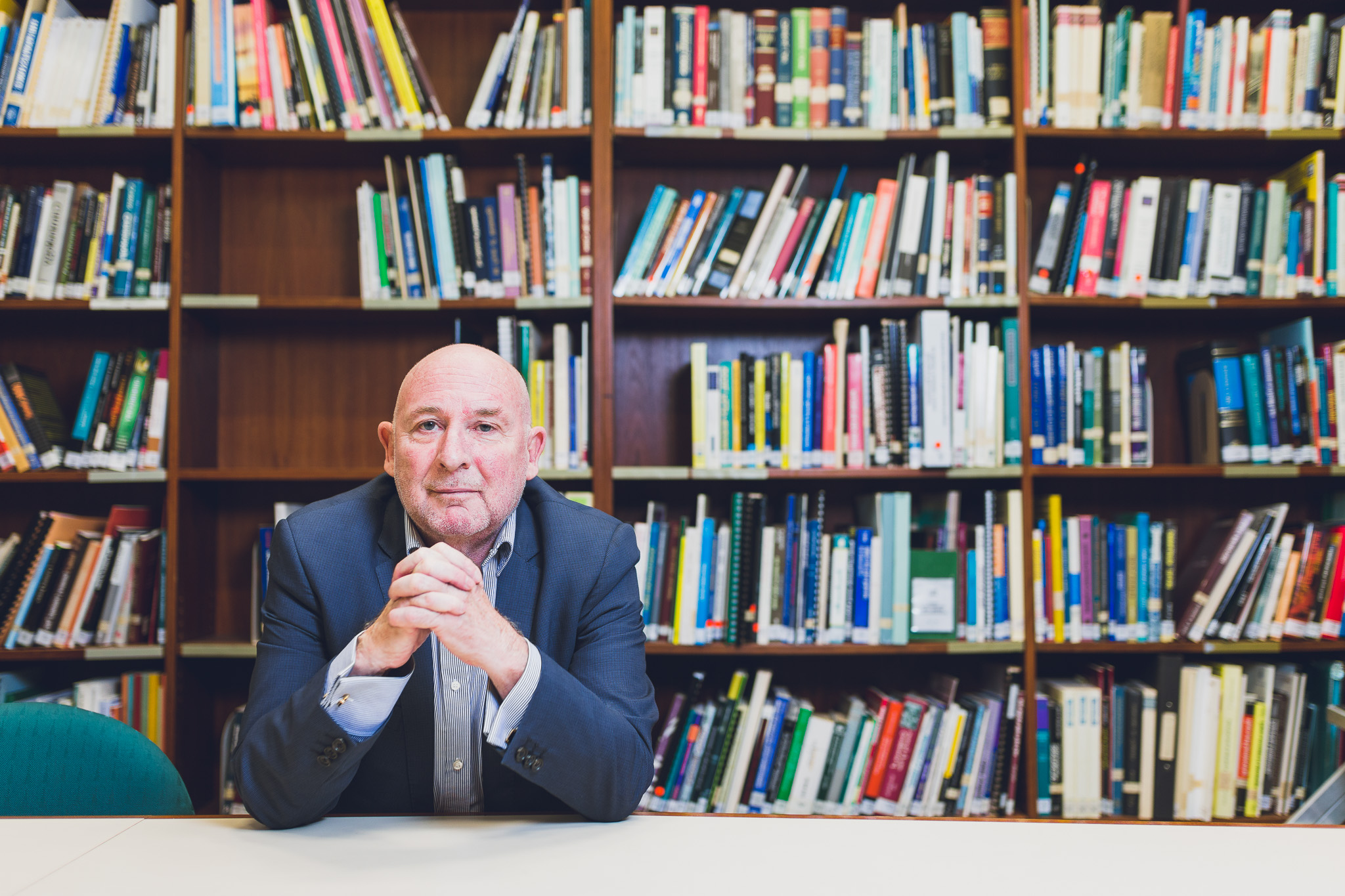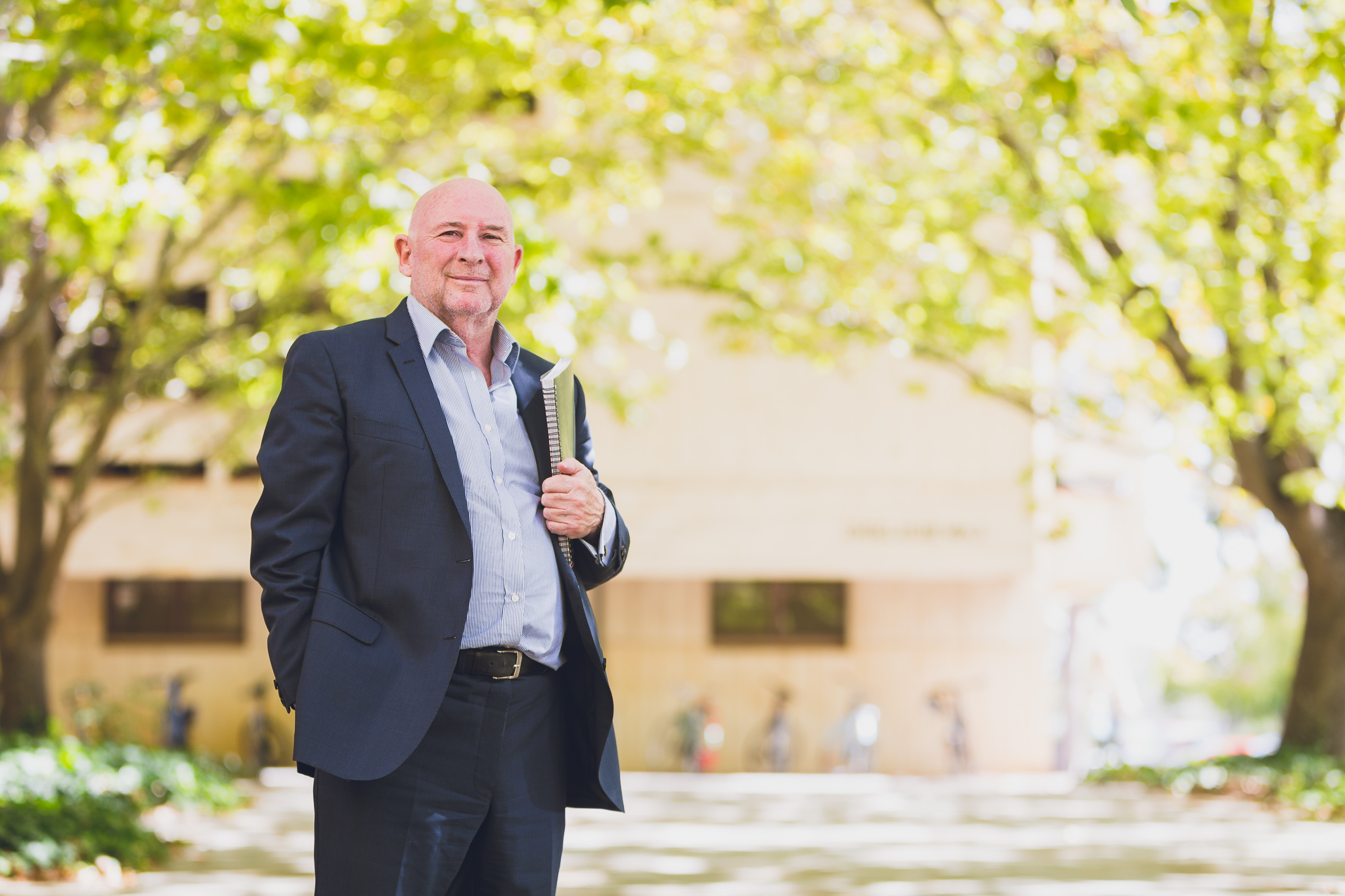Changing Lives

Sponsored by

Sponsored by

Changing the law to help change the lives of indigenous youth.
Professor of Criminology and Associate Dean of UWA Law School, Dr Harry Blagg is working with remote Indigenous communities to find new ways to help young offenders with Foetal Alcohol Spectrum Disorder (FASD).
Some people choose a career in research, but for Dr Harry Blagg, a career in research chose him. Working in Lancaster, he began his career by specialising in youth justice with a focus on ways to divert young people from a life of crime. It was during this period that he realised he needed to learn more, and luckily for him, the opportunity arose when he was asked to comment on the over-representation of Aboriginal children in the Australian criminal justice system. Twenty-six years on, he is now a leading criminologist with over two decades of experience conducting high level research in remote Indigenous communities.
Real change for real communities.
Over his career, Dr Harry Blagg’s research has played a vital role in the development of a number of trailblazing diversionary procedures in Australia. The first to study Indigenous night patrols, he’s proud to say that his research has enabled consistent community support and funding for 150 patrols across Australia. His work has also helped to acknowledge the importance of Aboriginal elders within the court and criminal justice system.
His current project is working with UWA’s Dr Tamara Tulich and Indigenous women’s groups to develop culturally-based diversionary pathways for young offenders with Foetal Alcohol Spectrum Disorder (FASD). People with FASD experience a range of cognitive, social and behavioural difficulties, making them more susceptible to contact with the criminal justice system. Dr Blagg describes the ability to collaborate with local women’s groups as key to the project. “They’ve alerted us to the devastating impacts of FASD in communities like Fitzroy Crossing where one in four children are said to be affected by this seriously underdiagnosed life-long condition.”

Connection through collaboration.
Collaboration is something that Dr Harry Blagg credits for the much of his success. “I’ve been lucky enough to work with a range of great Aboriginal people and key agency members to find and develop alternative procedures, like family conferencing and the cautioning system.” He also recognises the value of the support and mentorship he received. “UWA does that bit more to ensure early career researchers are plugged into global networks and institutions. I found there has always been a real willingness to find the resources to do that.”
A goal of empowerment
When asked to look back upon his research and reflect upon what he hoped to achieve, Dr Blagg replies “For me, success is making a difference to the Aboriginal communities I’ve been privileged to work with over the years. Reduced levels of family violence, fewer children detained in custody, fewer Aboriginal people arrested by the police. I want to work with Aboriginal people on projects they feel reflect their culture and their strengths.”